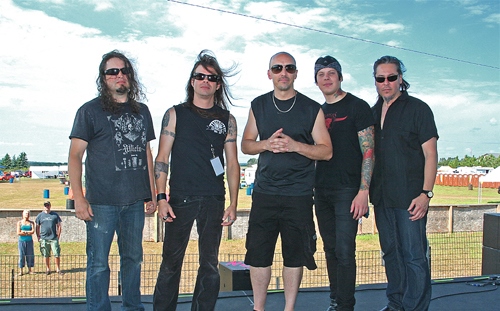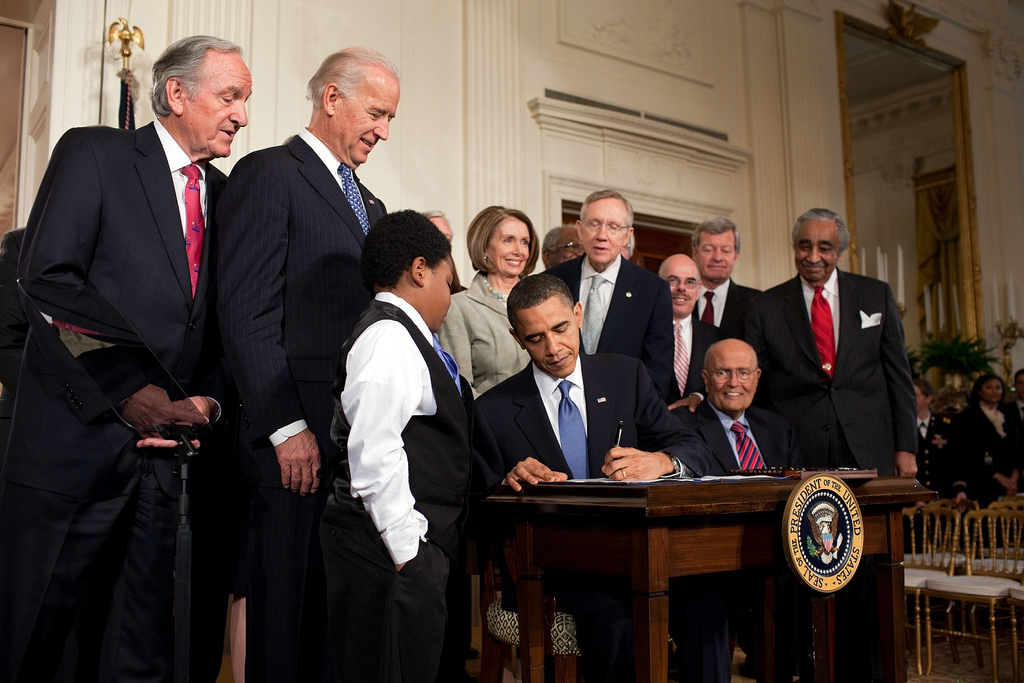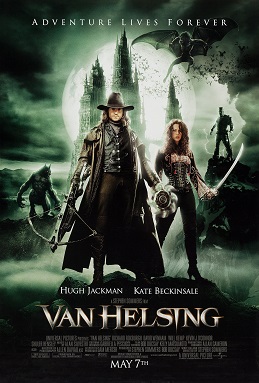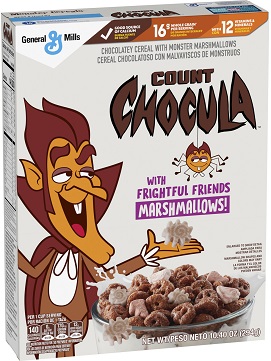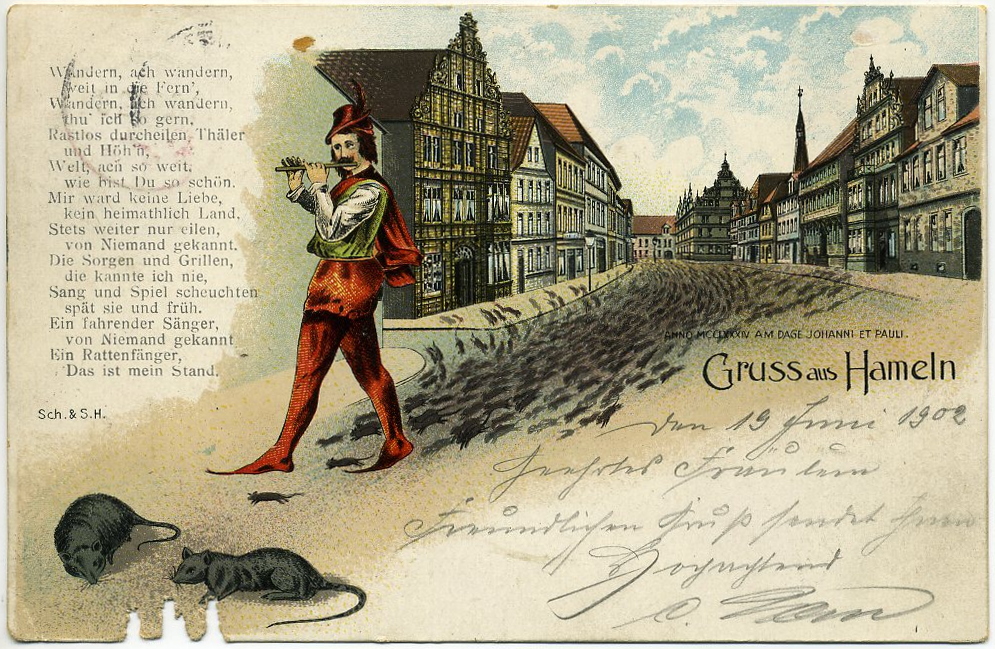Van Halen
was formed in California in 1972, and named after lead guitarist Eddie Van
Halen and his brother, drummer Alex Van Halen. Other members of the band
have included Wolfgang Van Halen (Eddie's son) on bass guitar, as well as David
Lee Roth, Sammy Hagar, and Michael Anthony.
In 1984, drummer Alex Van Halen married Kelly Carter, who legally changed her name to Kelly Van Halen. Twelve years later, the couple divorced, but Kelly kept her
married name.
More
recently, Kelly started a construction and interior design company
under her married name. Kelly applied for several federal trademark
registrations for "KELLY VAN HALEN" on products such as chairs,
children's blankets, bathing suits, building construction and interior design.
ELVH,
Inc., the holding company that owns the band's intellectual property, has now sued
her in federal district court in California, alleging that her use
of the name "VAN HALEN" as a trade name is likely to cause confusion,
dilute the fame of the VAN HALEN trademarks, and unfairly compete with the
band.
It also
alleges that Kelly Van Halen's use of the trade name is on goods and services
that are "either identical to or closely related to the goods sold
by" the band. (It is unclear when the band ever sold
furniture or offered any form of construction or interior design services, but
I suspect that they have not and this is only a matter of posturing).
 The Hollywood Reporter notes correctly that the legal
question here is whether senior family name users like Eddie and Alex can
permanently enjoin junior family name users like Kelly from using "Van
Halen" in a commercial enterprise.
The Hollywood Reporter notes correctly that the legal
question here is whether senior family name users like Eddie and Alex can
permanently enjoin junior family name users like Kelly from using "Van
Halen" in a commercial enterprise.
Courts are often reluctant to enjoin individuals from using their own legal names to identify themselves in trade or commerce, unless the use was clearly likely to cause confusion, or if the junior family member had previously agreed to cease such use.
For example, in 2007, design house Paul Frank Industries, Inc. had sued its namesake and former designer Paul Frank Sunich after he had left the company and began to use his full name to sell competing products.
In that case, the court held that "under trademark law, there is no absolute right to use one's own personal name where that use would be confusingly similar to an established use of a famous mark that the public has come to associate with another source...Mr. Sunich...has no absolute right to make use of his name in a manner that would be confusingly similar..."
However, the Court went on to clarify that "Mr. Sunich, however, is entitled under trademark law to use his name in other contexts, commercial and otherwise, to identify himself
and inform others about his work. [There is] no right to prevent Mr. Sunich and the other Defendants from using Mr. Sunich's full name in contexts were such use will not result in any confusion with PFI's use of the Paul Frank mark."
Courts are therefore often willing to draw difficult lines in order to be fair to both parties, and will put the burden on the trademark owner to actually prove that there is a likelihood of consumer confusion. If confusion can be demonstrated, the accused may be held in contempt of Court for violating the Court's order.
Further, the Hollywood Reporter astutely notes
that "the outcome might depend on whether it can be shown that Kelly had
intent to trade upon the goodwill or reputation of the famous band's
moniker."
While that fact would not be dispositive, if it can be show that Kelly was deliberately attempting to benefit from the band's fame, that could present a problem for her continued use.



